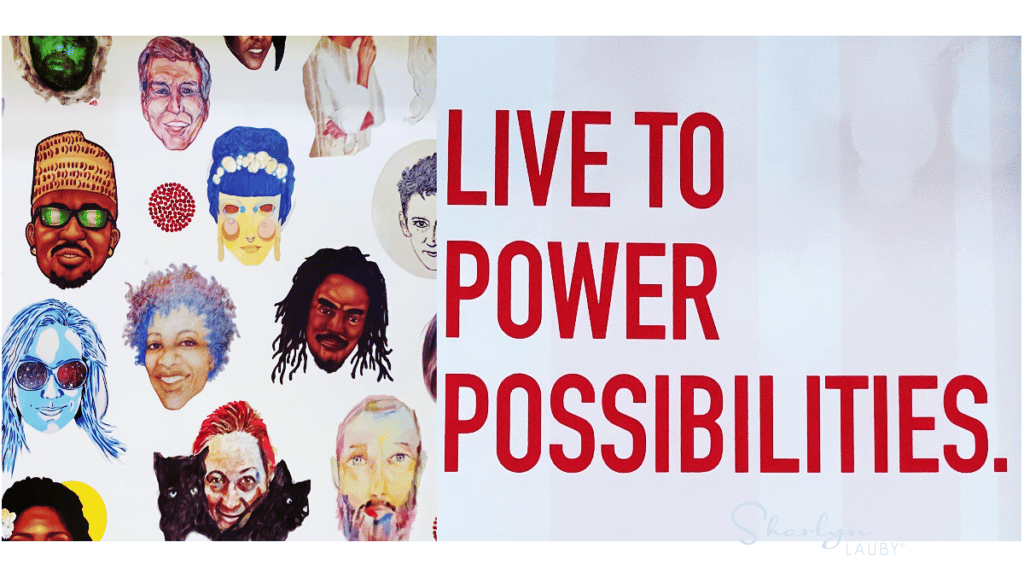Become a Better Mental Health Ally Through Training
Estimated reading time: 4 minutes
If you haven’t seen it, the U.S. Surgeon General has said that workplaces can be great (or not-so-great) for our mental health. This shouldn’t be surprising. Individuals working in a toxic work environment are going to feel the impact of what’s happening around them which will take a negative toll. That’s why in the American Psychological Associations 2022 Work and Wellbeing Survey, 81% of employees reported that they will be looking for organizations that support mental health.
But what does “supporting mental health” mean? I’m confident this is not an exhaustive list, but three things immediately come to mind.
First, organizations should have a structure in place that doesn’t contribute to a toxic work environment. In the U.S. Surgeon General’s message mentioned above, they have created a framework for workplace mental health and wellbeing. It’s available for download. It references several components for promoting wellbeing. Here are just five of them.
- Psychological safety
- Inclusion and belonging
- Scheduling flexibility
- Rewards and recognition
- Career advancement
Not only are these components great for employee mental fitness and wellbeing, they’re great for the employee experience. That makes them great for productivity and employee retention.
Next, organizations should include mental health benefits in employee benefits programs. In the 2021 Mental Health at Work Report, 75% of full-time U.S. workers reported experiencing at least one symptom of a mental health condition in the past year. Let me add, this should be openly mentioned when explaining employee benefits. Translation: Don’t make employees ask whether they have benefits that support mental wellbeing. Making someone ask could be perceived as embarrassing and keep someone from using the benefit.
Third, it could be helpful to have human resources and other operational managers receive training on how to handle mental fitness issues in the workplace. The Society for Human Resources Management (SHRM) and the SHRM Foundation partnered with Psych Hub, the world’s largest mental health education platform, to offer the Workplace Mental Health Ally Certificate.
The program covers the foundations of mental wellbeing, suicide and violence prevention, substance abuse, diversity and bias, and effective communications. It’s self-paced and includes sharable resources. The purpose of the program isn’t for participants to become experts in delivering mental health care. It is to help us understand the dangers of stigma regarding mental fitness, recognize common mental health conditions, and practical ways we can help someone get the proper care they need.
SHRM and the SHRM Foundation graciously allowed me to take the program. I found the self-paced online format to be very helpful to my schedule. There were two big takeaways for me with this program. First, the program gets into detail about mental health conditions including substance abuse, abusive relationships, and suicidal ideation. So, if you’re thinking a mental health condition falls into one category – you’d be wrong. This program could change your thoughts about what a mental health condition is.
The second takeaway was the impact that negative diversity and inclusion efforts have on mental wellbeing. Yes, I knew there was a connection but the statistics and the way it was presented really resonated with me. Especially because the program talked about aspects of diversity we don’t regularly discuss at work like body image.
I understand how it could be a challenge to help someone who is at risk or looking for support, especially if you’ve never been in the situation before. Maybe not knowing the right thing to say or do. Or where to direct the person for care. That’s why a program like the Workplace Mental Health Ally Certificate could be valuable.
Part of supporting mental health is being able to communicate. We need to be able to listen and possibly guide an employee to get the resources they need – maybe for themselves or for a family member. I felt my participation in the Workplace Mental Health Ally Certificate program gave me resources that I could use and made me more comfortable to have helpful and supporting conversations as a true ally.
SHRM logo used with permission.
